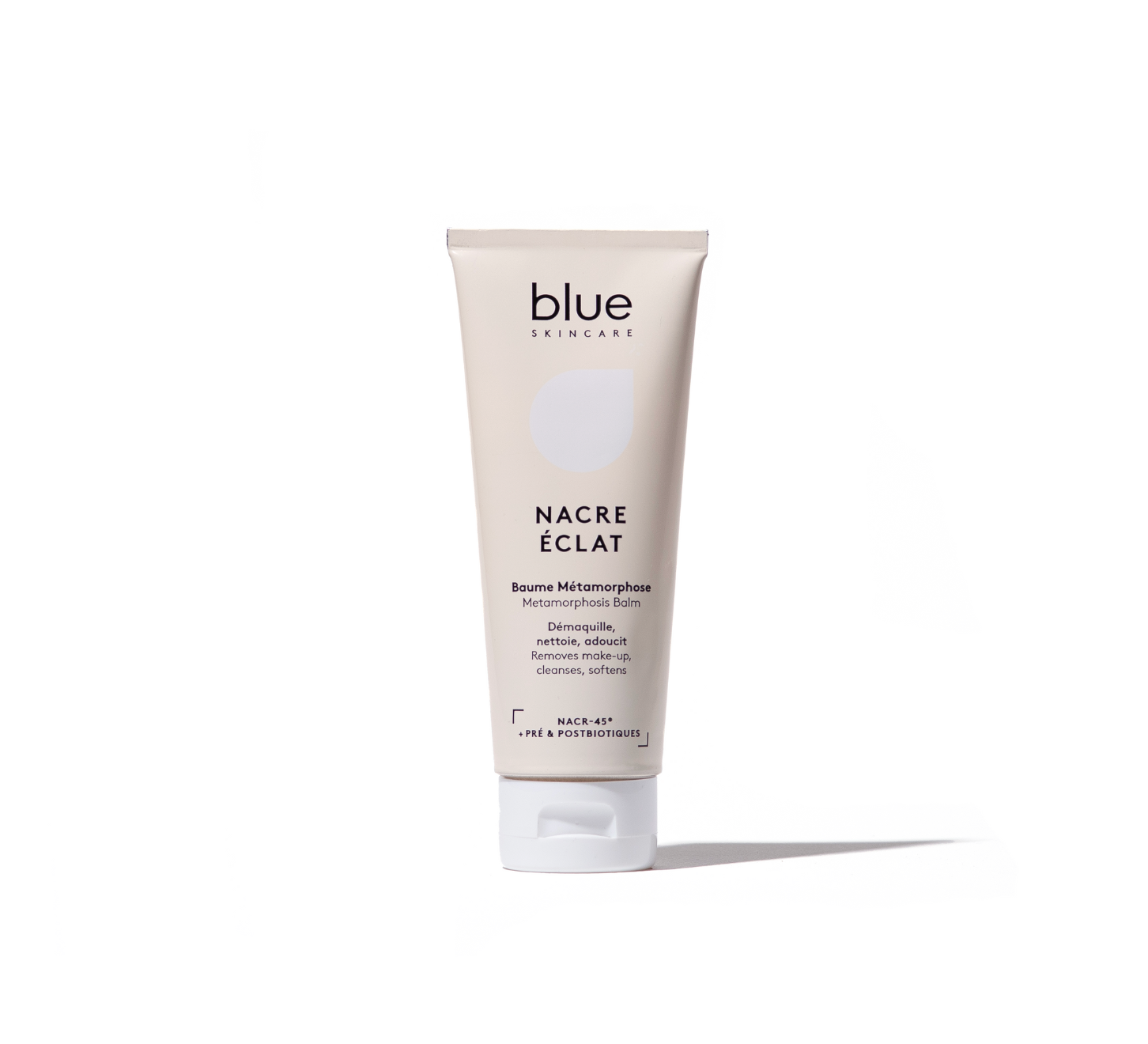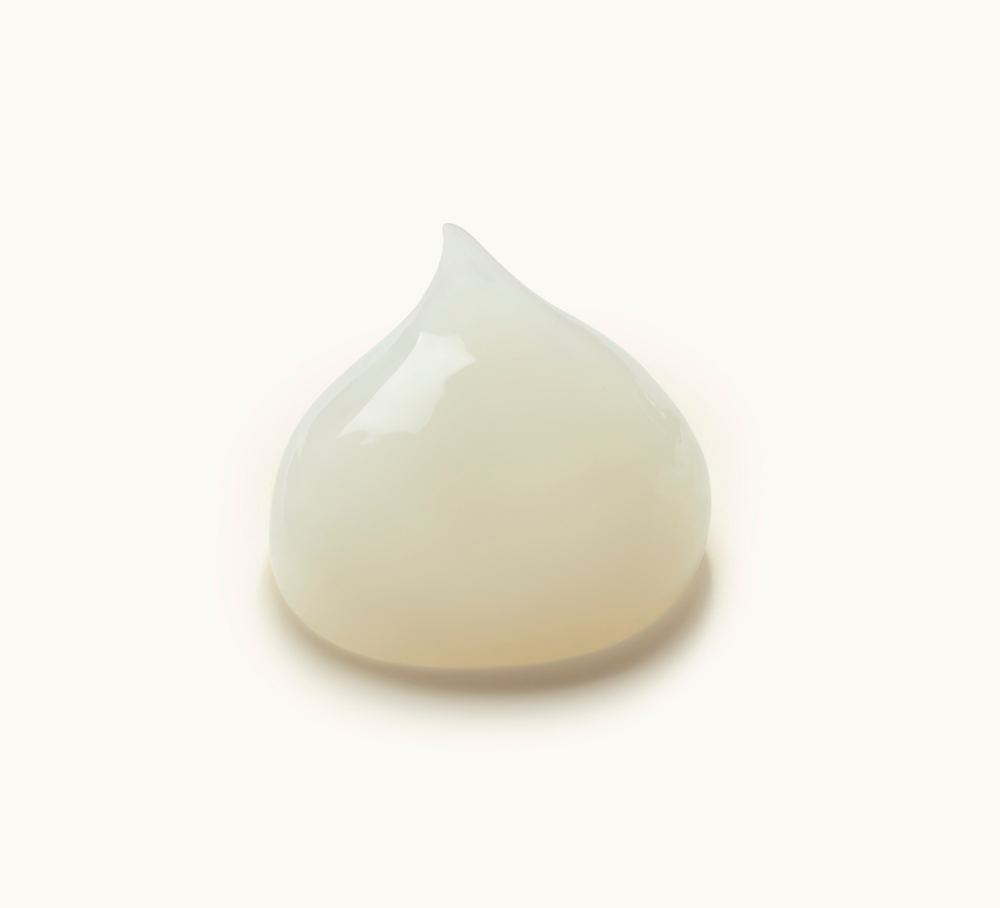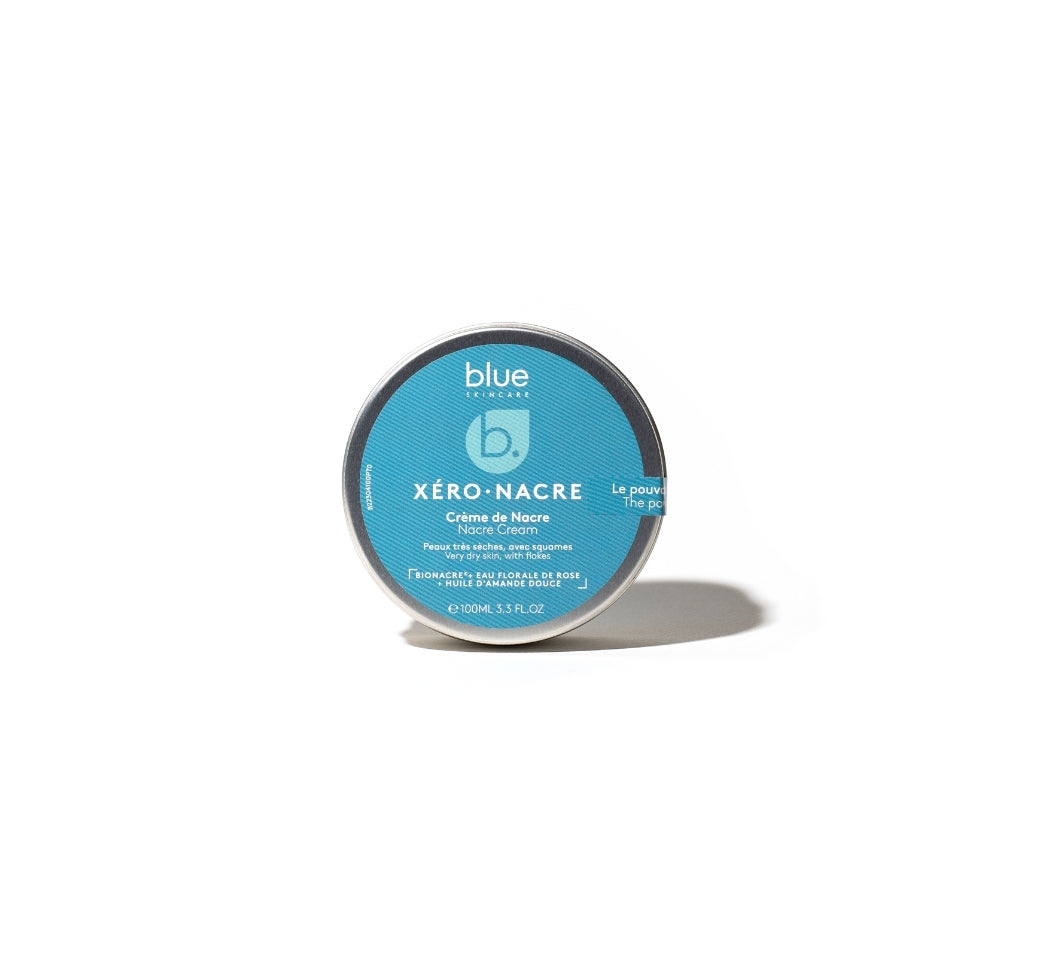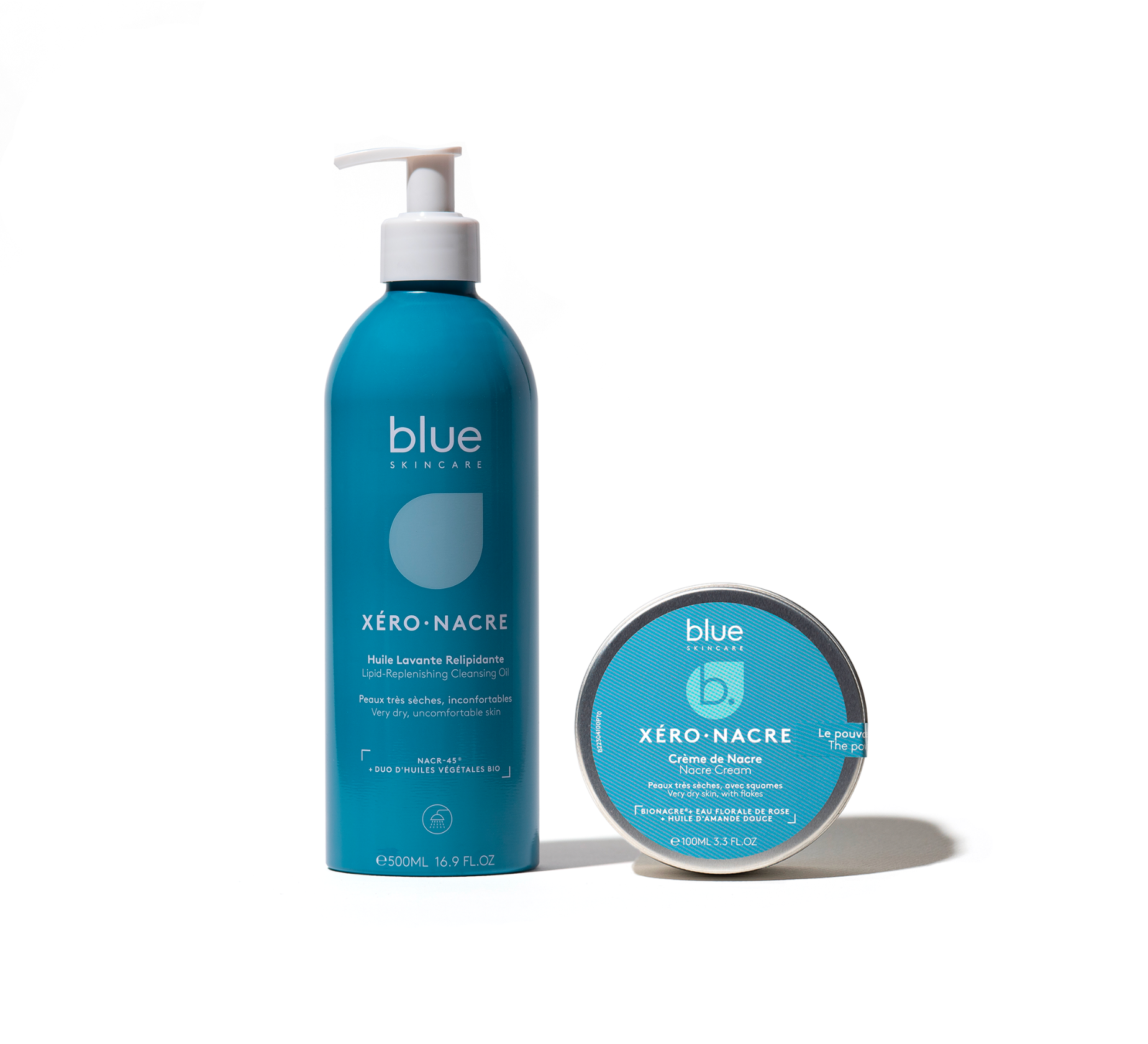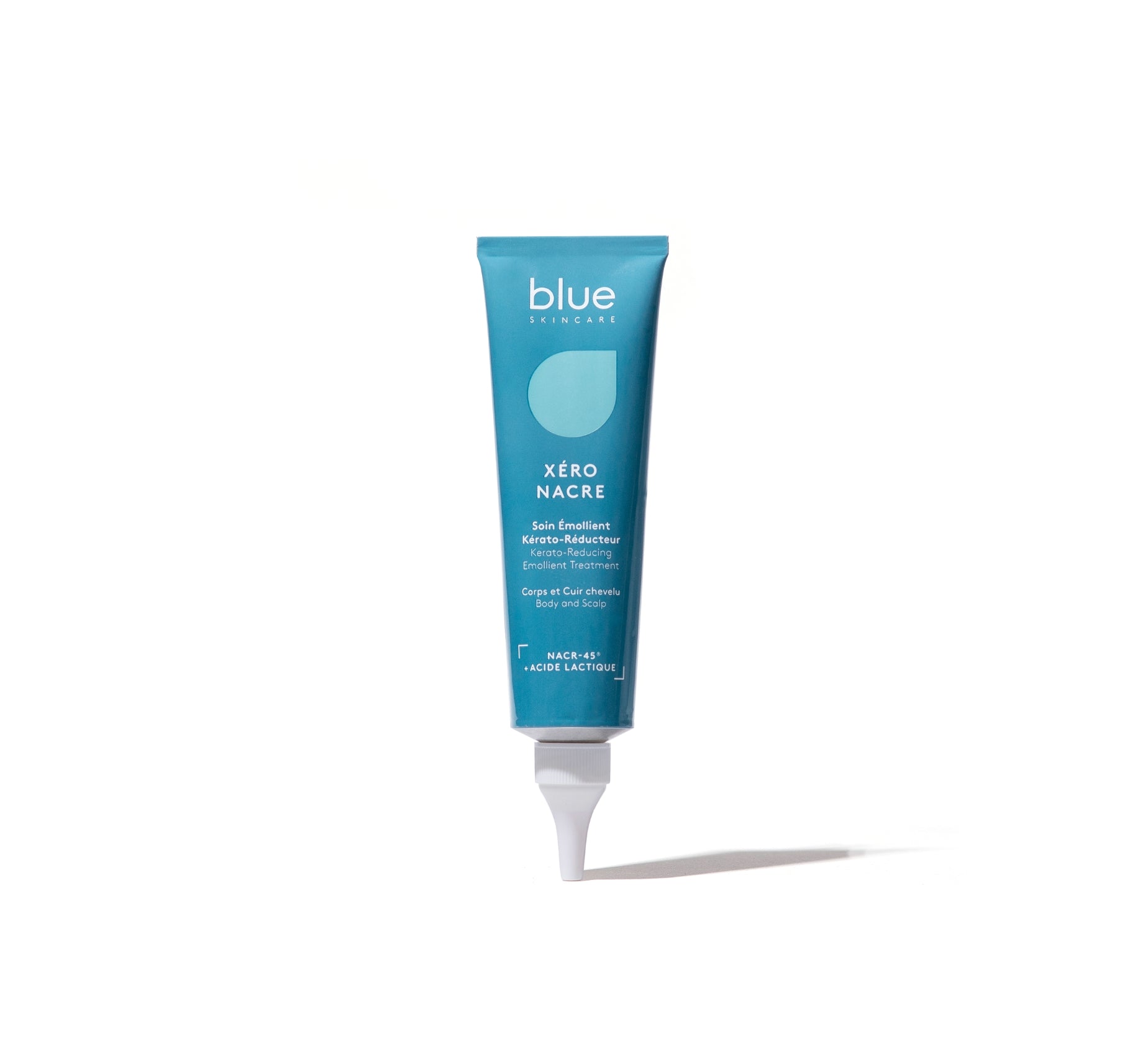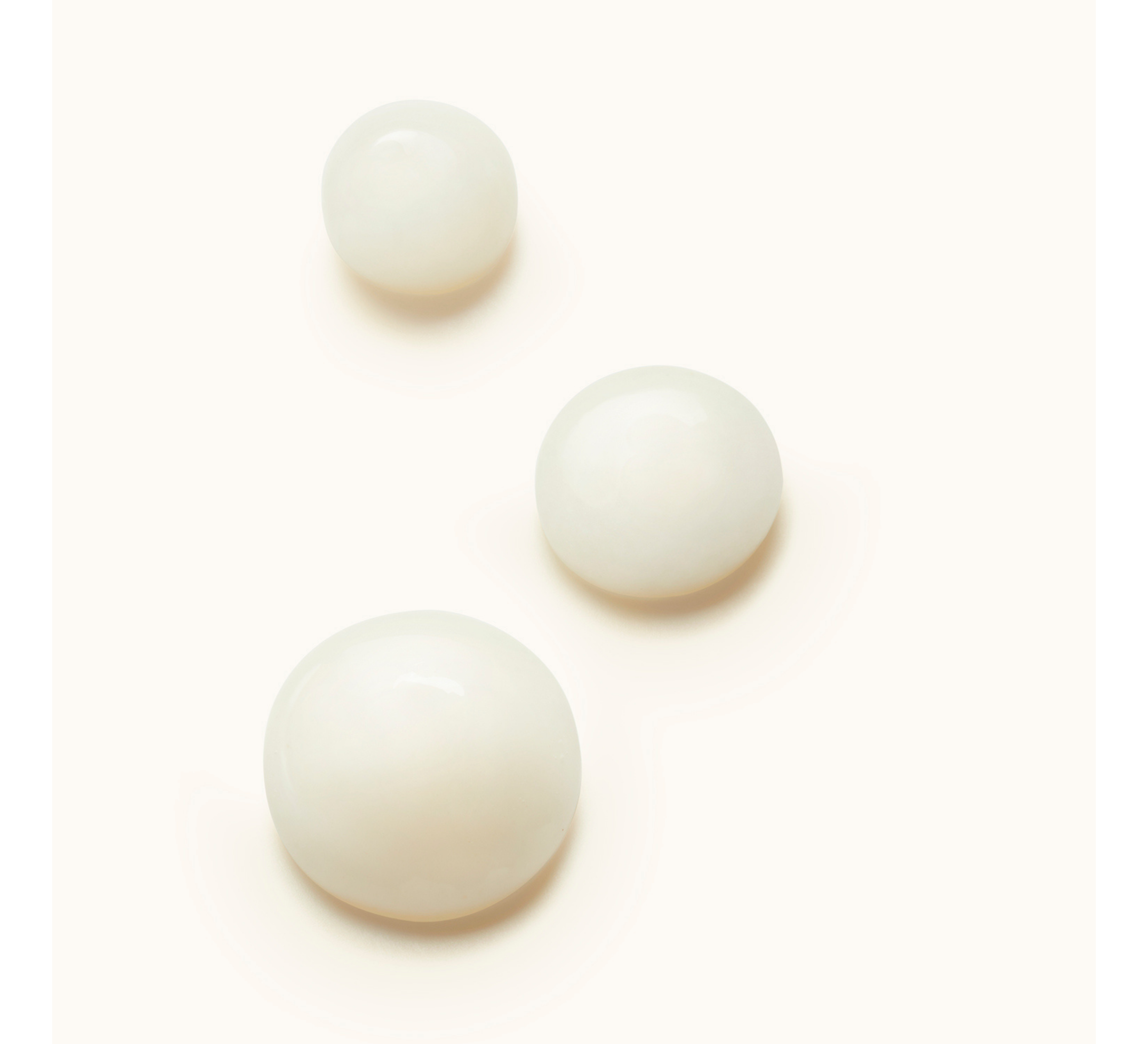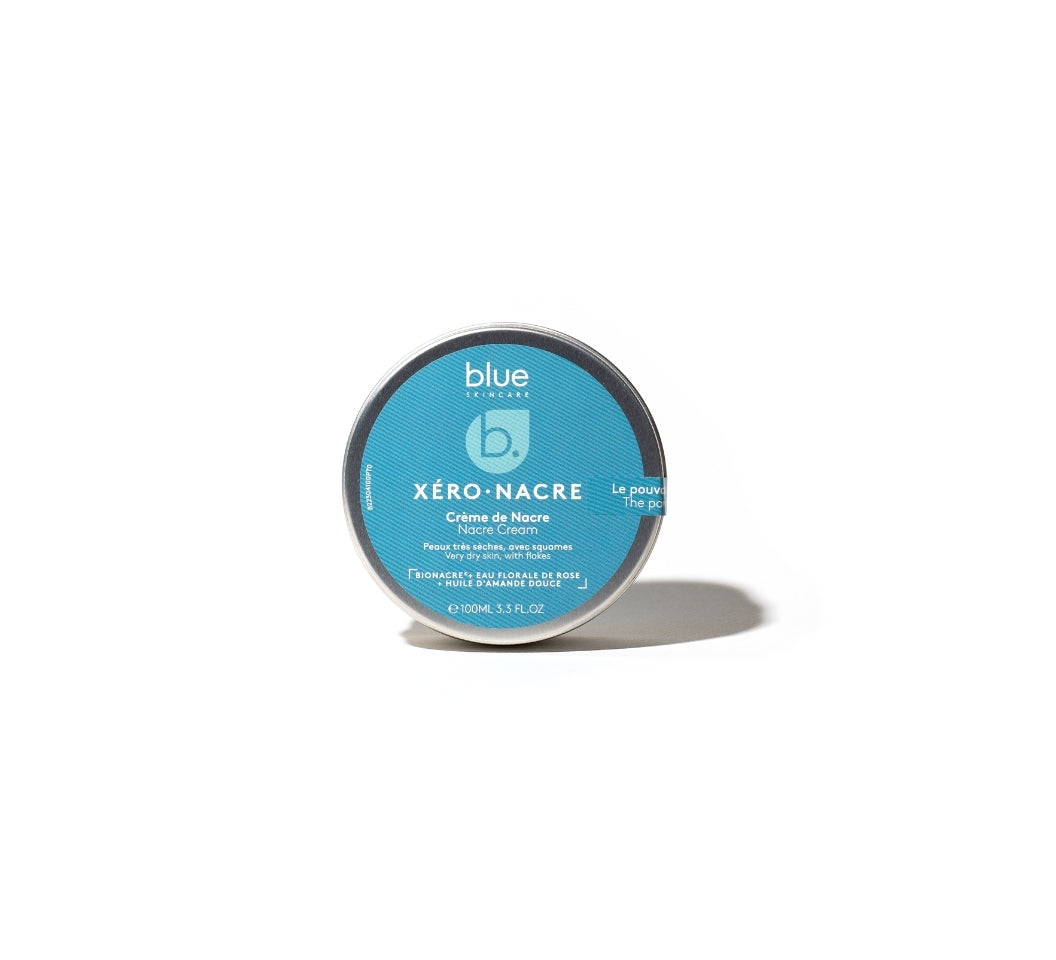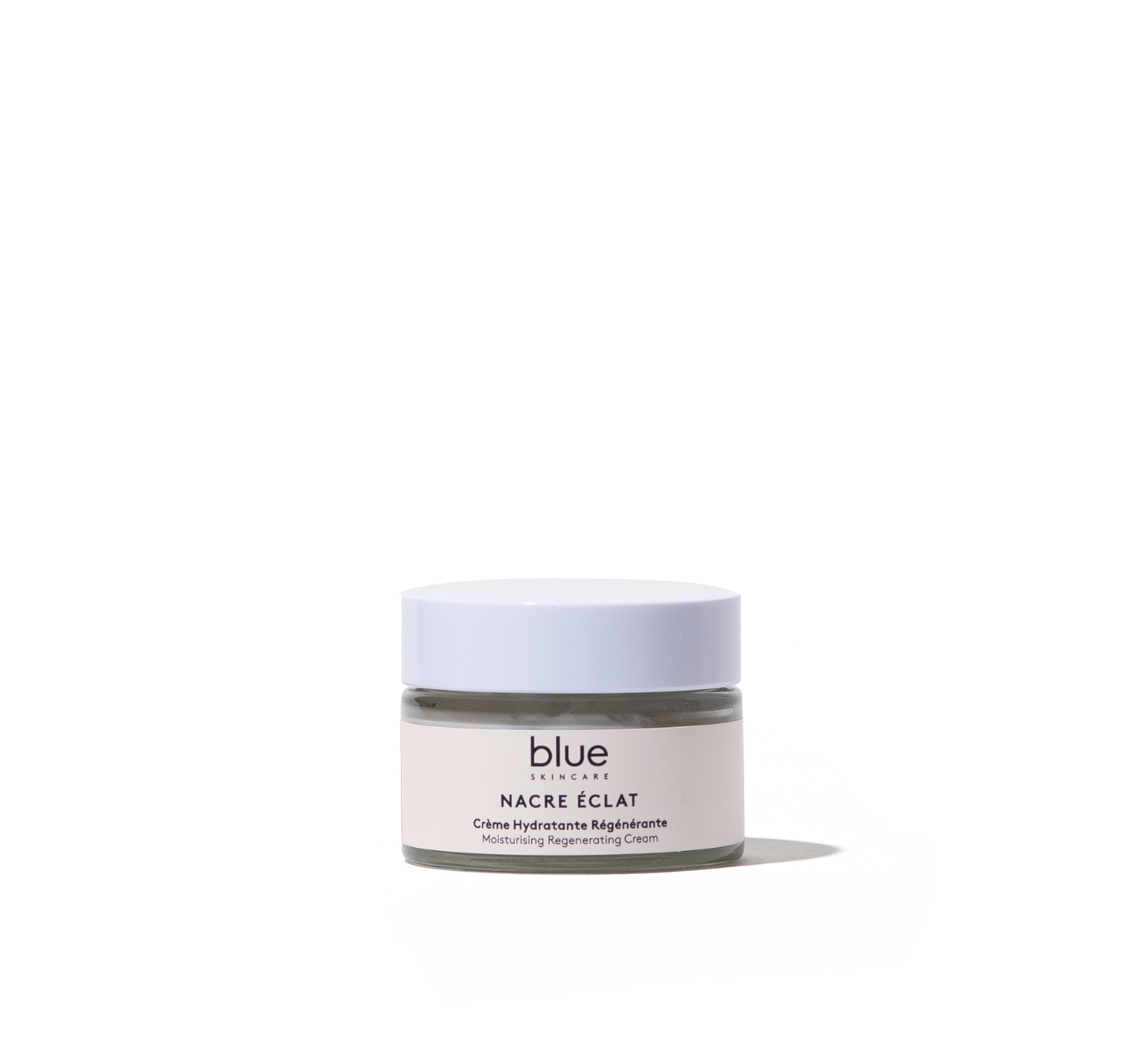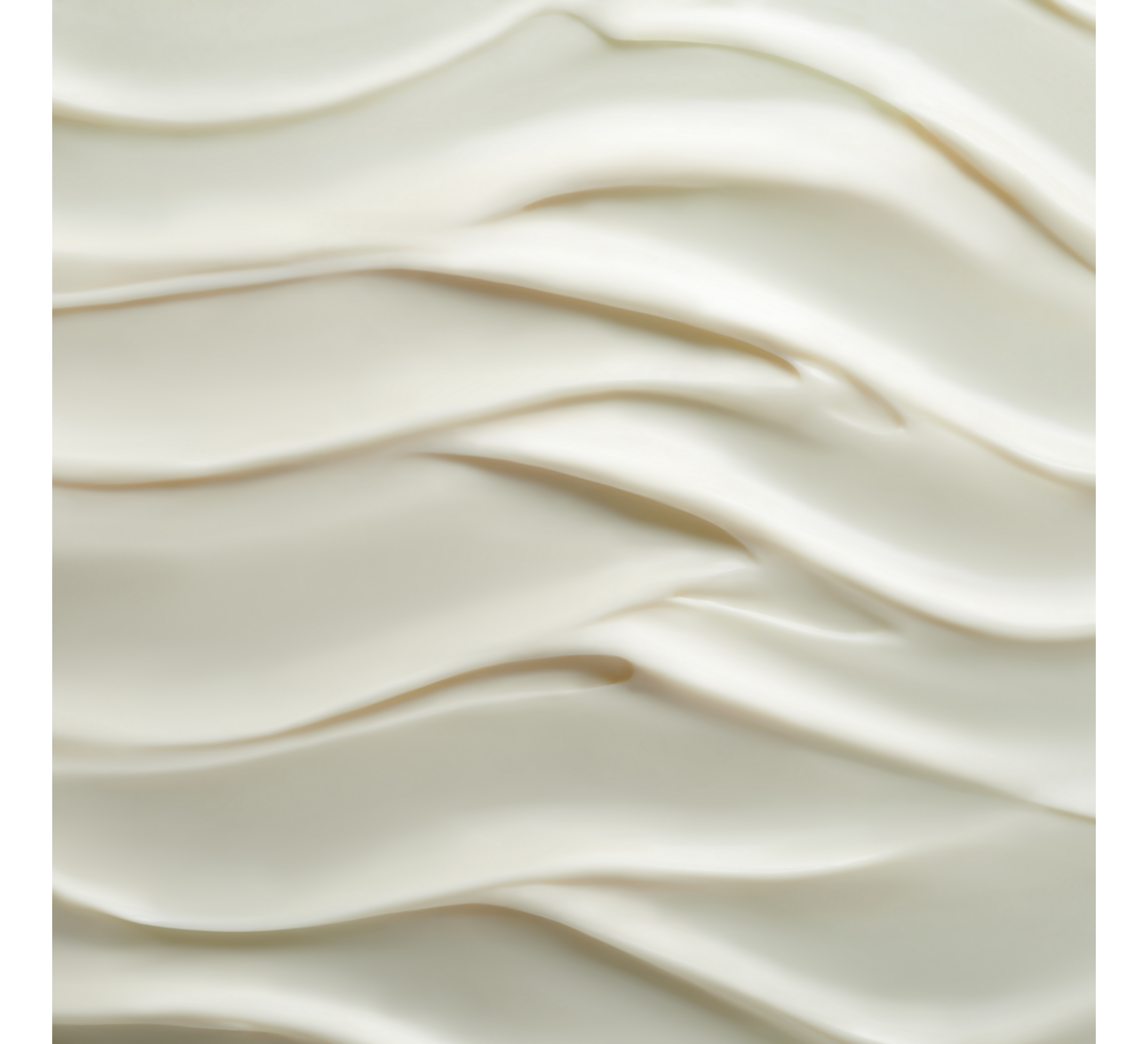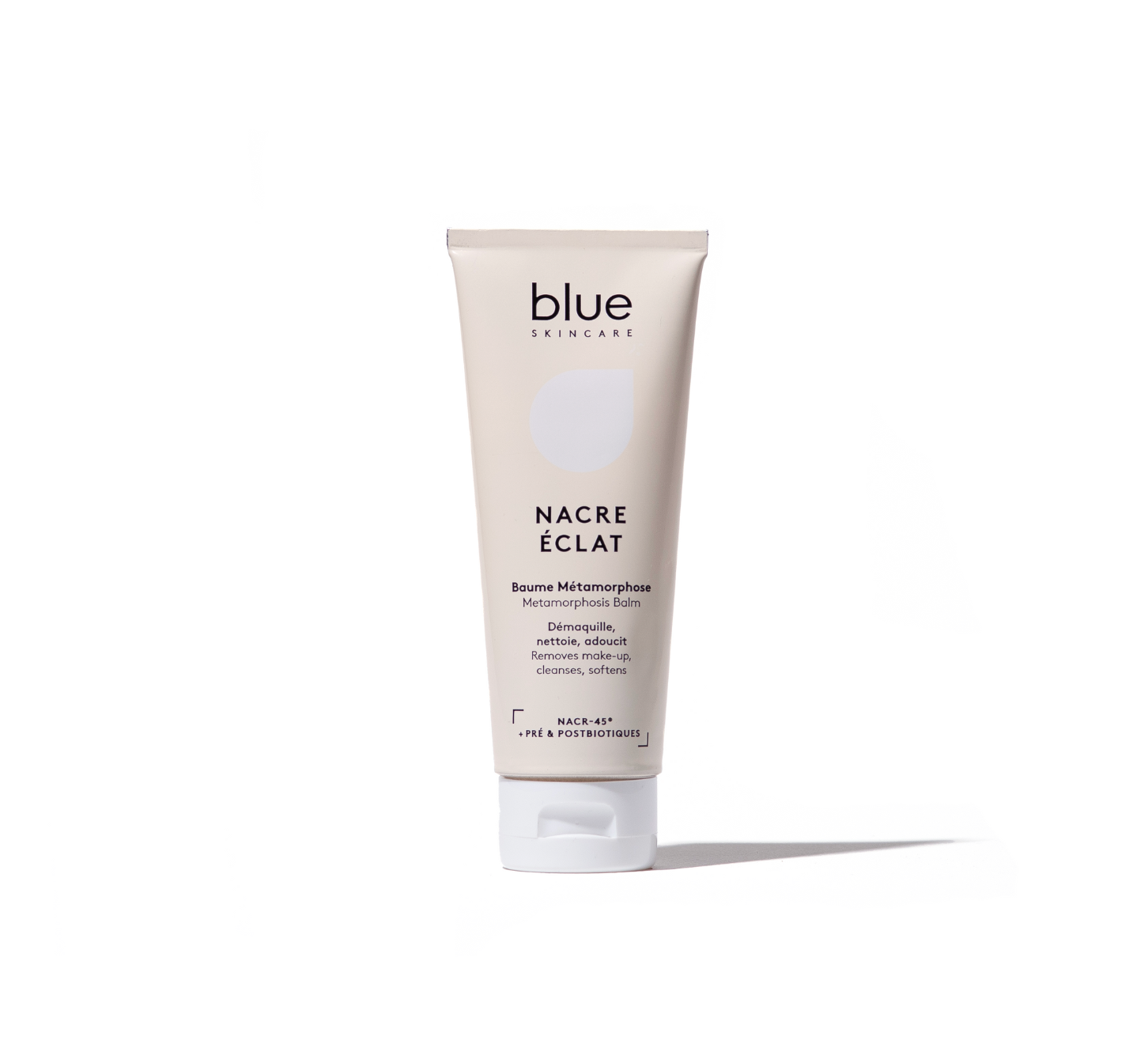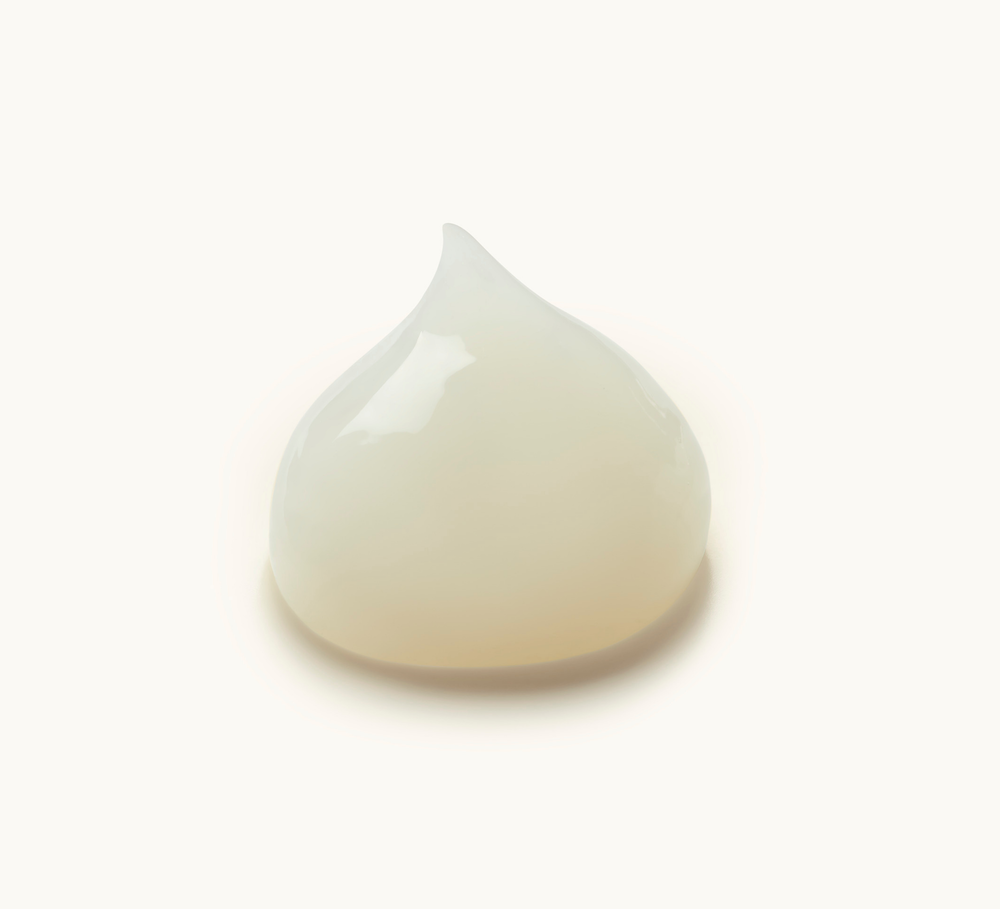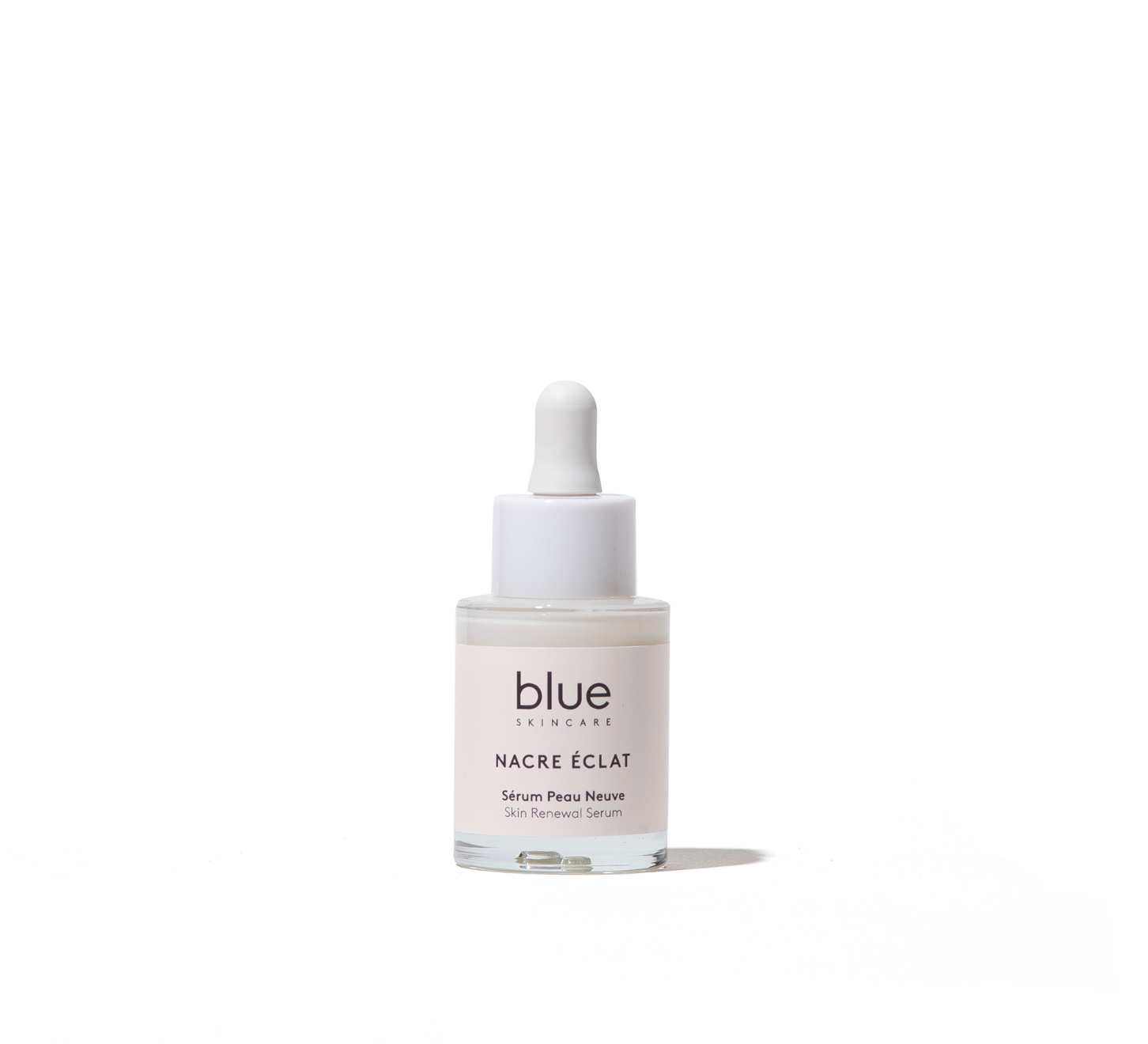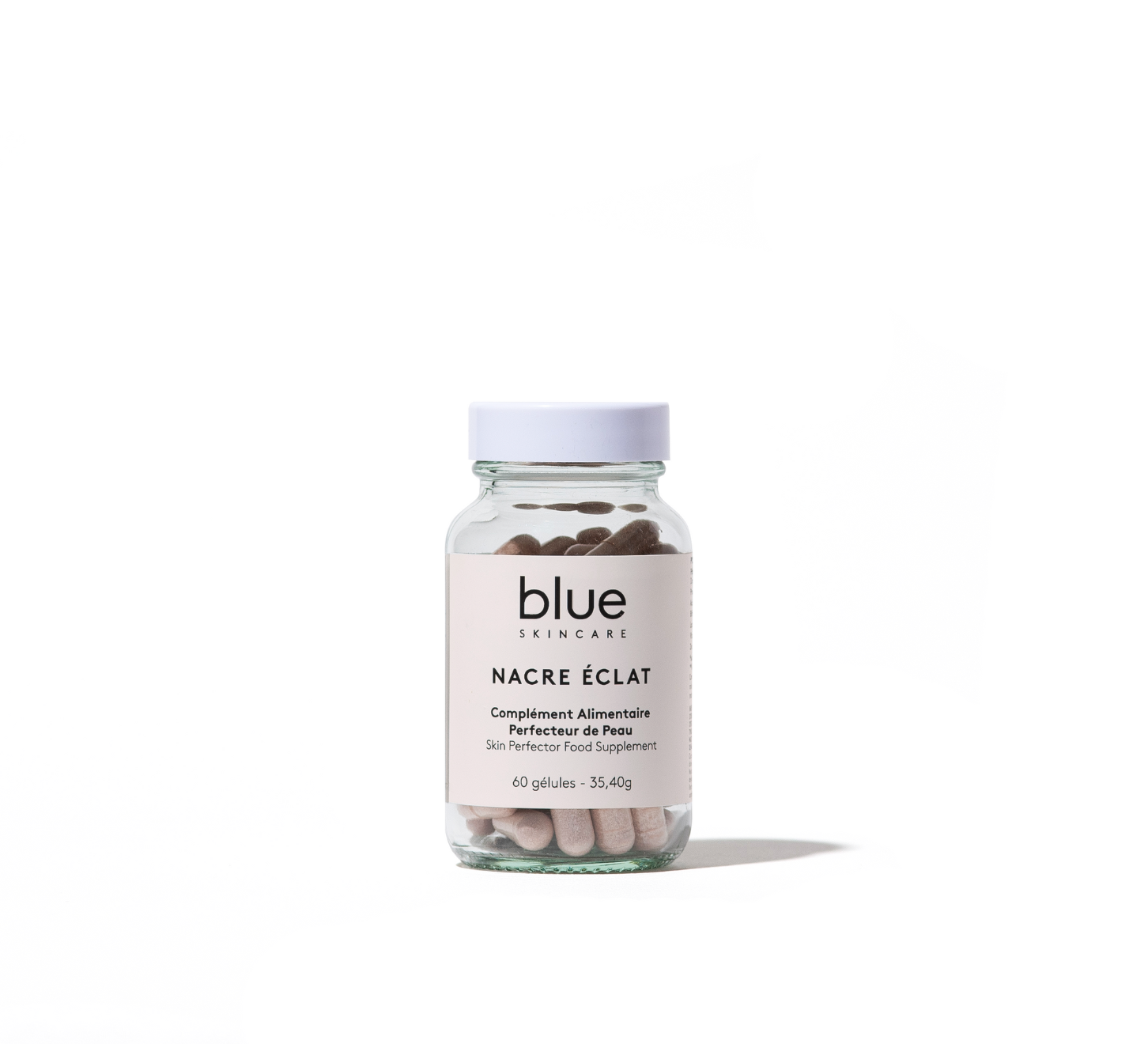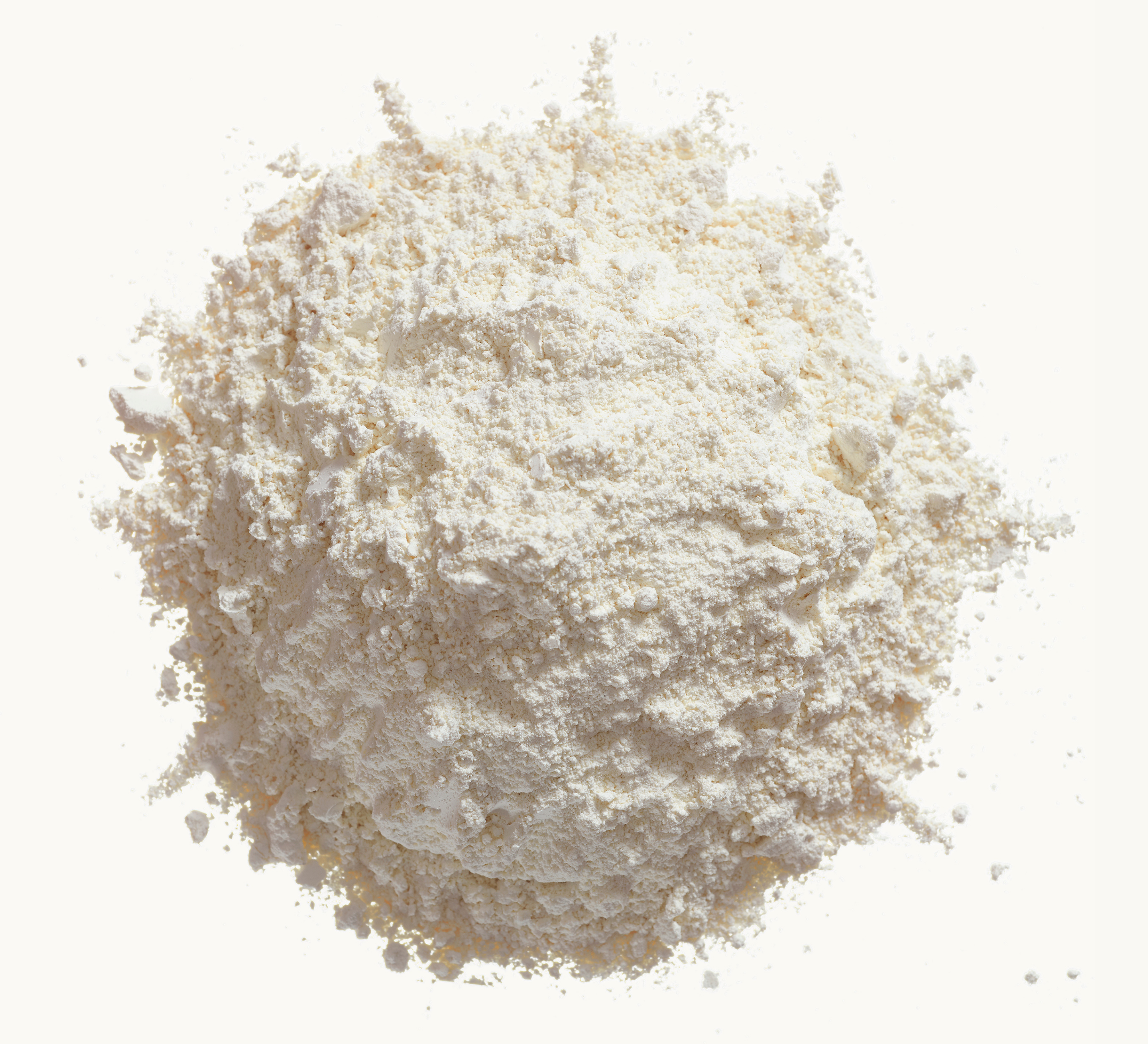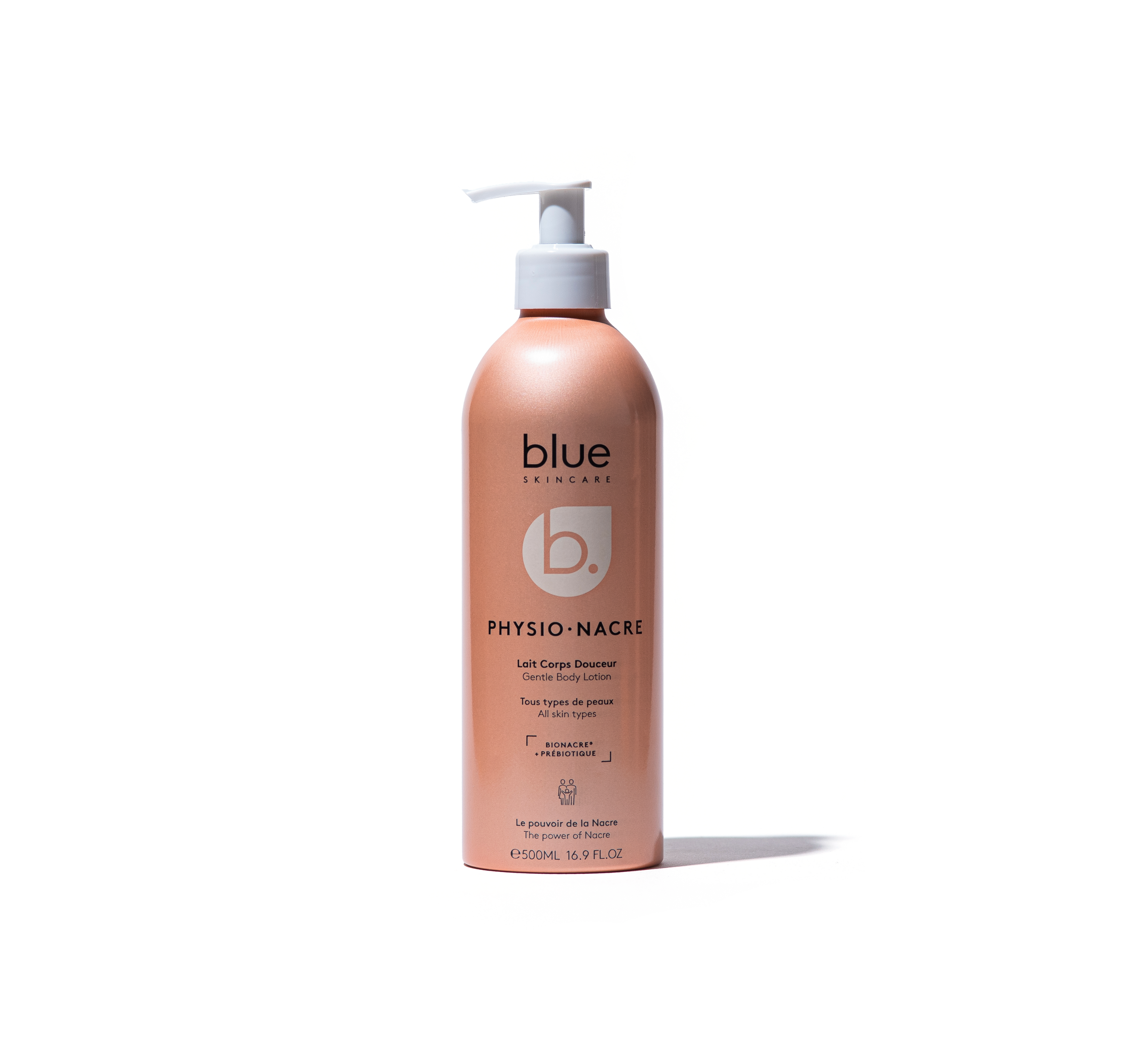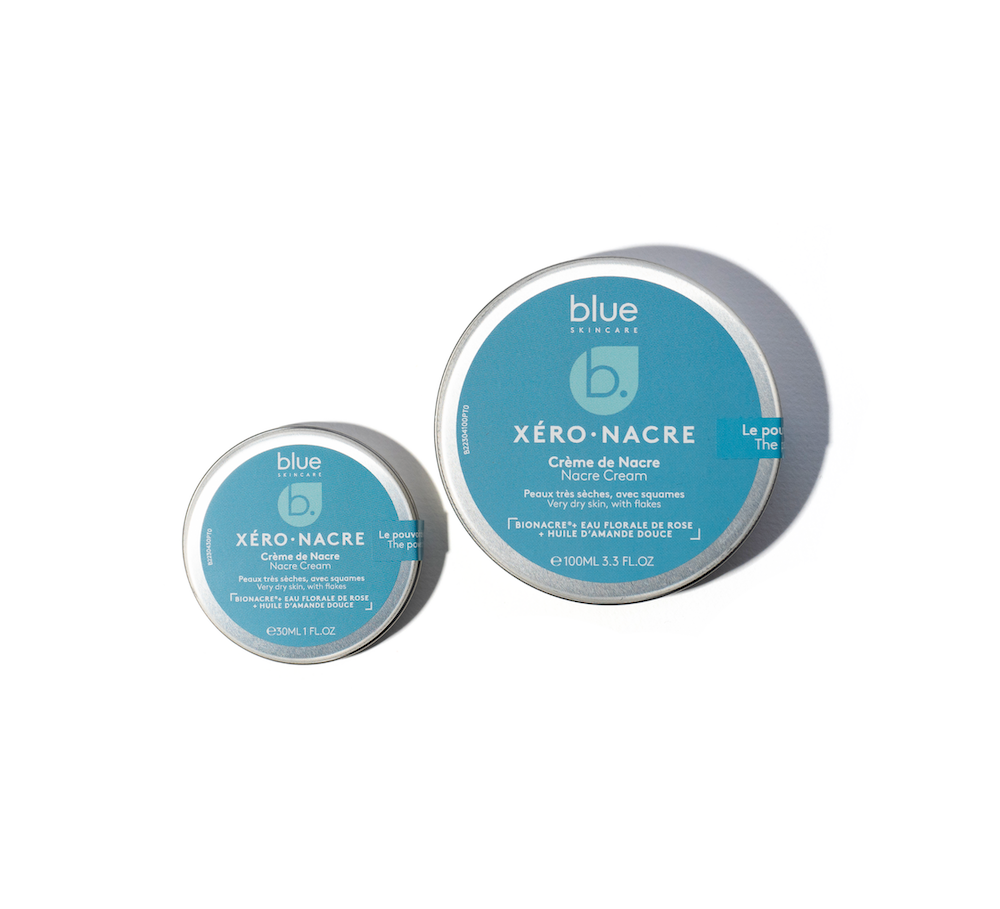Vegetable oils for the body or face are all the rage. At a time when we are looking for safe formulas and naturalness, oils are an ideal solution for taking care of ourselves. But are they really clean and how do you choose them? Follow the guide!
Vegetable oil and mineral oil: what’s the difference?
To begin with, we must differentiate between natural oils and those derived from petrochemicals. The latter, called mineral oils, are synthetic. They have interesting properties for allergic or reactive skin because, odorless and stainless, they are completely inert to the epidermis . They form a stable barrier film on the skin that promotes healing and prevents transepidermal water loss (called TEWL), like a cover that prevents evaporation. In addition, they are inexpensive: it is for all these reasons that they are found in many repair, anti-cold, or anti-chapping products.
Unfortunately, since they are not assimilated by the skin and are devoid of active ingredients such as vitamins, mineral oils do not treat skin problems. And, unlike vegetable oils which come from plants, mineral oils are not biodegradable. In addition, they result from the transformation of waste from the oil industry obtained by refining with necessarily polluting production processes. In terms of ecology, mineral oils are rather harmful... but are vegetable oils really clean ?
Are vegetable oils clean?
Vegetable oils come from the lipids present in nuts or fruits of oil-producing plants. They result from mechanical extraction processes (called "cold") which allow the oily macerates to retain all their properties and great purity. Indeed, these vegetable oils are rich in active essential fatty acids and vitamins which give them their specific virtues: anti-oxidant, nourishing, regenerating. These vegetable oils each have their own particularity and their cosmetic effect. Borage, evening primrose, sweet almond, sesame, hazelnut, shea butter, macadamia vegetable oils are all options for taking care of your skin naturally. Free of allergens, they are absorbed by the skin, well tolerated and biodegradable by nature. However, it is important to differentiate a pure vegetable oil from a product that contains them. Because vegetable oils can be added to a synthetic formula to provide it with a curative action. But are these vegetable oils as virtuous for the planet as they are for the skin? The answer is on the production side to identify family, local manufacturing and scrutinize the packaging!
Vegetable oils made in France and organic
French production guarantees minimal transport impact, but also working conditions, which is not the case for vegetable oils that come from the other side of the world.
For example, the craze for coconut oil is wreaking ecological havoc abroad. In Indonesia, French Polynesia and India, Western demand is such that farms are switching to monoculture to the detriment of agriculture intended for local food consumption, which allows the populations to be self-sufficient. This explosion in demand, which puts producers in competition, opens the way to the exploitation of populations and their impoverishment. Coconut oil then has to be transported to our latitudes, a journey that emits CO2. Thus, even if it is labeled organic or sustainable, if it is not produced locally, vegetable oil has a negative ecological impact . Hence the importance of local. And we are lucky in France to have farmers who not only produce French vegetable oils, but also organic ones. Organic certification ensures the absence of pesticides, and a rigorous commitment that meets fixed specifications. Reduced transport, therefore for these vegetable oils made in France often sold directly by local producers (referenced among others on the slow-cosmétique site) and lower ecological impact when they are organic.
Packaging and branding

Anyone who claims to be clean in terms of production must be clean in terms of packaging . That said, there is little chance that a French oil, clean or organic , will spoil its positioning with plastic over-packaging. Vegetable oils are generally offered in glass bottles, either sold bare or in cardboard cases.
Vegetable oils, like most beauty products, come from a transformation that can cause pollution , CO2 emissions or even social problems. As always, local production ensures a minimum of transport and compliance with current standards, as well as compliance with labor law. The price is often higher, because inevitably, quality has to be paid for. Very low prices are conversely an indication of the conditions and places where the products were manufactured... The advantage of vegetable oils? They are, like all beauty oils, very economical to use: a little product is enough! It is therefore a good investment for us, as well as for the planet!
